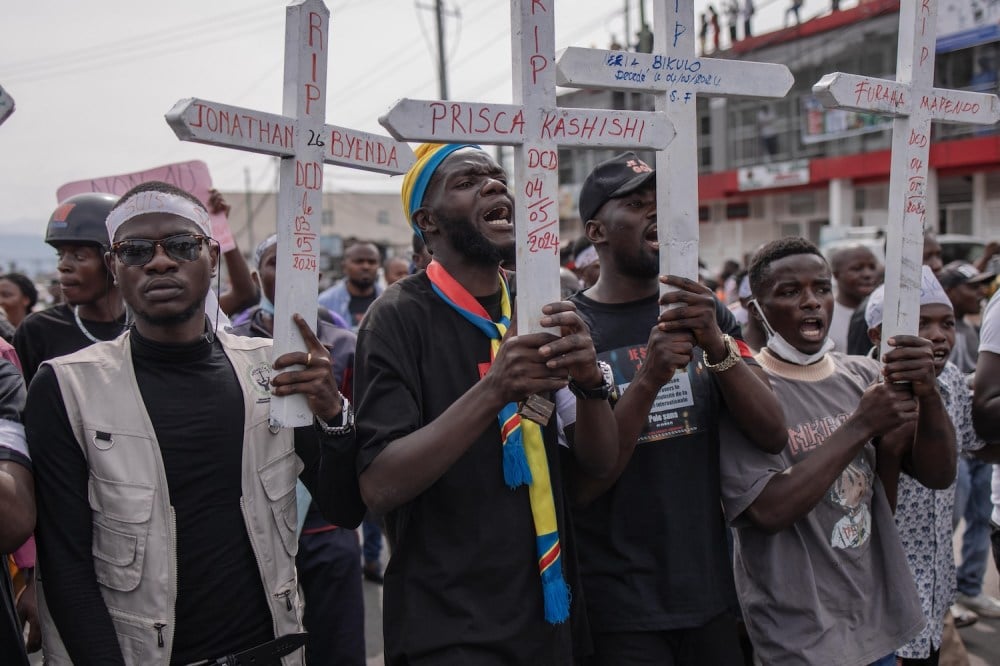This year marks 30 years since the Rwandan genocide in 1994, when a Hutu-majority government and a privately owned radio station with close ties to the government colluded to murder 800,000 people.
The year 1994 may seem recent, but for a continent as young as Africa (where the median age is 19), it’s more like a distant past.
Suppose this had happened today, in the age of the algorithm. How much more chaos and murder would ensue if doctored images and deepfakes were proliferating on social media rather than radio, and radicalizing even more of the public? None of this is beyond reach, and countries including the Democratic Republic of the Congo, Ethiopia, and Niger are at risk—owing to their confluence of ethno-religious tensions, political instability, and the presence of foreign adversaries.



source: https://en.wikipedia.org/wiki/Media_Bias/Fact_Check
I clicked your link. Not only is the quote you provided not actually present in your source, but the sentiment isn’t even there. The article is mostly about how reliable and consistent the website is.
Huh, that’s so, it was there last January. It used to follow this paragraph (still there today anyway), which contains a similar criticism with citation:
So if those are considered fact-based, there’s no need to delve further.
Yeah, no wonder it was removed - entirely without citation and low relevance. To be honest, the existing line “…been criticised for its methodology” is on shaky ground, I checked the citation and I would not characterise it as a critique:
“Media Bias/Fact Check is a widely cited source for news stories and even studies about misinformation, despite the fact that its method is in no way scientific.”
That is the entirety of what the source says, it doesn’t go on to mention it more in later paragraphs, just that one sentence.
CNN’s own source for that claim is a single tweet with no reactions to it whatsoever, which doesn’t feel very iron-clad to me.
Considering the massive incentive for powerful companies and individuals to cast doubt on the veracity of media bias/fact check, it seems irresponsible to interpret the source in that way and to spread that claim as though it’s entirely watertight.
Can I ask, why did you even post your original reply? Did you do your own fact check in January, see that paragraph, and decide to share it to discourage people from trusting the fact-checker?
I was trying to find the criticism you cited, but it must be buried somewhere under a mountain of praise. Could you explain what the nature of their complaint is? I’m out of the loop.
Haha, I was wondering when someone was going to point that out. You’ll notice both MBFC and Ad Fontes were given that status primarily due to being Self-Published. However I wouldn’t consider MBFC or Ad Fontes to be the be-all and end-all perfectly authoritative source either.